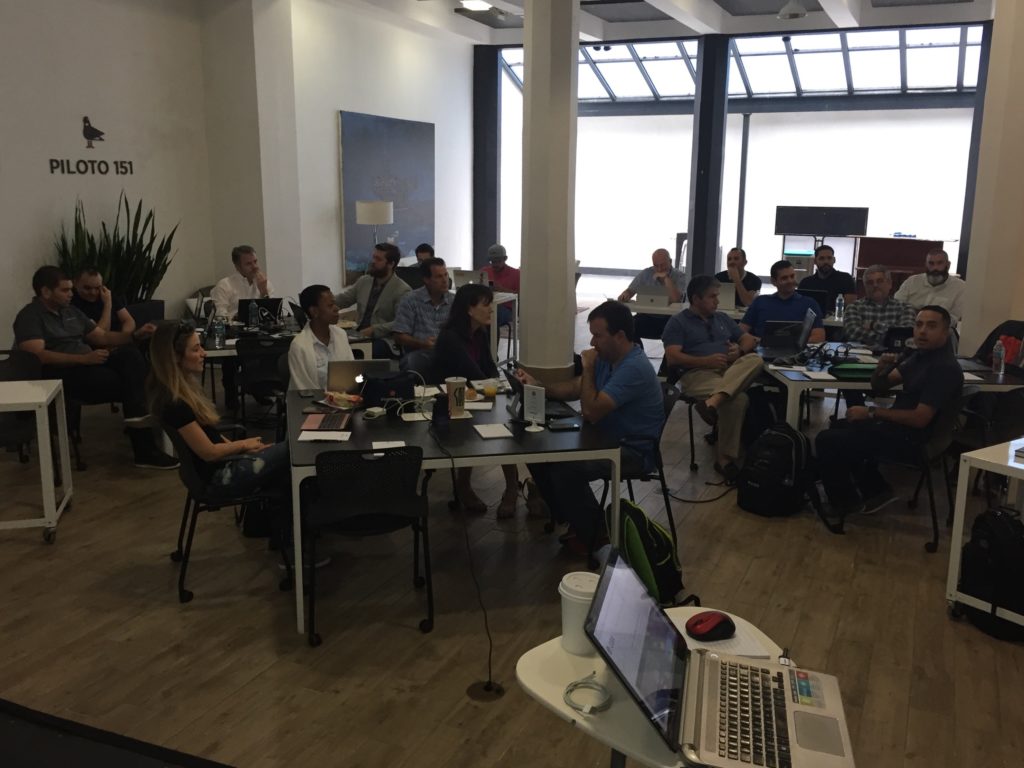The internet simplified how humans communicate, blockchain can simplify how we agree. Too often, people make decisions based on what they already know, instead of what is available. One year has not yet gone by since the beginning of the Puerto Rico bankruptcy process and already the expenditure on legal services (paid by you and me) amounts to over $125 million.
From a digital governance standpoint, there are two important updates to the fiscal plan which was recently released. The first is the inclusion of PRITS as a fundamental component of effective digital transformation with the authority and resources to be successful. The second is partnering with Federal Government resources from the US Digital Service to collaborate on joint projects. The governor proposed these initiatives 15 months ago. They are still relevant, but we also have new elements to consider.
The Blockchain is here, and it works. But do we really understand it’s applicability to government transformation? As we rethink our education, healthcare and financial systems (to name a few) we must consider how the blockchain’s decentralized protocol stands to reshape the foundations of everyday processes.
Join us this Thursday, April 5th at Piloto 151 coworking space for the third GBA meetup, where we will hold open conversations on the most recent local developments with regards to the use and applicability of this technology. Below are five ideas we’ll be discussing in the open.
First GBA Course shows results!
Last week we held the first 5-day workshop with 25 participants from the government and the private sector. To complete the certification, students have to join a “working group“, identify a problem and present a possible blockchain solution.
Here are a few I look forward to discussing on Thursday!
-
- Blockchain on Polls – by Lic. Angel Carrión – A blockchain approach to the ‘trust gap’ and the power of polls.
- Thoughts on an Educational Bounty System – by Benjamin Brown – Thoughts on a simple blockchain-based educational bounty system that aims to incentivize and reward all participants in the educational process.
- Education and blockchain – by Eduardo Burgos – Creating a blockchain ecosystem in which students or seekers of skills can connect with individuals all over the world that want to exchange their knowledge and expertise.
- Fancy Smansy License System – by Paul Carey, Jonathan Gonzalez and others – To establish a system where software companies, government agencies and end users are part of an accountability mechanism where each device and license is tokenized for better control and usage. To understand how painful this is, check the report our team presented prior to the 2014 Microsoft contract renewal.

